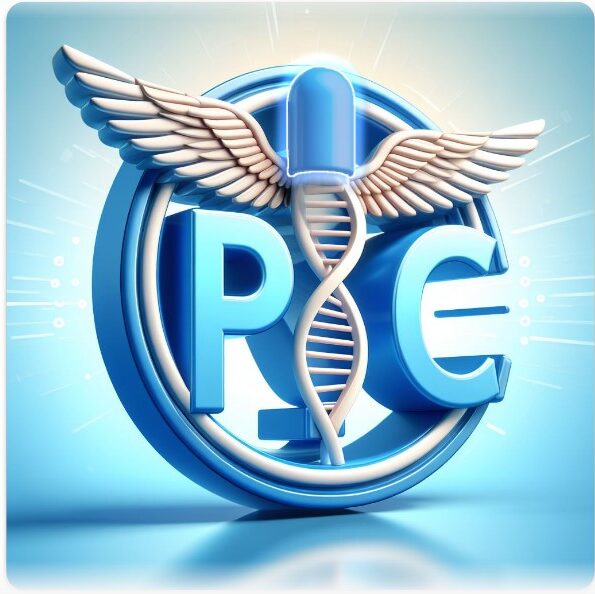Quality assurance (QA) is a crucial aspect of the pharmaceutical industry. It involves the systematic evaluation and monitoring of the various processes and systems used in the production of drugs to ensure that they meet the required quality standards. Quality assurance is concerned with the overall quality of the drug products, including the raw materials, in-process materials, and finished products.
In the pharmaceutical industry, quality assurance is essential to ensure the safety and efficacy of drugs. It helps to ensure that the drugs produced are of the highest quality and meet the necessary regulatory standards, which is essential for the health and well-being of patients. Quality assurance is an ongoing process that involves the implementation of proper manufacturing and testing processes to ensure that the drug is consistently produced to the required quality standards.
There are several key components of a quality assurance system in the pharmaceutical industry. These include:
- Quality assurance personnel: These are trained professionals who are responsible for monitoring and evaluating the various processes and systems used in the production of drugs to ensure that they meet the required quality standards.
- Quality assurance procedures: These are documented procedures that outline the steps that must be followed to ensure that the drug products meet the required quality standards.
- Quality assurance records: These are documents that record the results of the various tests and evaluations conducted during the manufacturing process.
- Quality assurance audits: These are periodic evaluations of the various processes and systems used in the production of drugs to ensure that they are operating effectively and meeting the required quality standards.
- Good Manufacturing Practices (GMP): GMP refers to the guidelines and regulations that pharmaceutical companies must follow to ensure that their products are consistently produced to the required quality standards. GMP covers all aspects of the manufacturing process, including raw materials, equipment, personnel, and facilities.
- Validation: Validation is the process of verifying that a particular process or system is capable of consistently producing a product that meets the required quality standards. This includes verifying the effectiveness of manufacturing processes, testing methods, and equipment.
- Quality management system: A quality management system (QMS) is a framework of policies, procedures, and processes that pharmaceutical companies use to ensure that their products meet the required quality standards. A QMS helps to ensure that all aspects of the manufacturing process are controlled and monitored to ensure consistent quality.
- Continuous improvement: Quality assurance in the pharmaceutical industry is an ongoing process that involves continuous improvement. This means that companies are constantly working to identify and address any potential issues or areas for improvement in their processes and systems to ensure that they are producing high-quality drugs.
- Regulatory compliance: Quality assurance in the pharmaceutical industry also involves ensuring compliance with regulatory requirements and standards. This includes complying with national and international regulatory bodies, such as the US Food and Drug Administration (FDA) and the European Medicines Agency (EMA).
- Overall, quality assurance in the pharmaceutical industry is a complex and multifaceted process that involves the systematic evaluation and monitoring of the various processes and systems used in the production of drugs to ensure that they meet the required quality standards. It is essential to ensure the safety and efficacy of drugs and to protect the health and well-being of patients.
